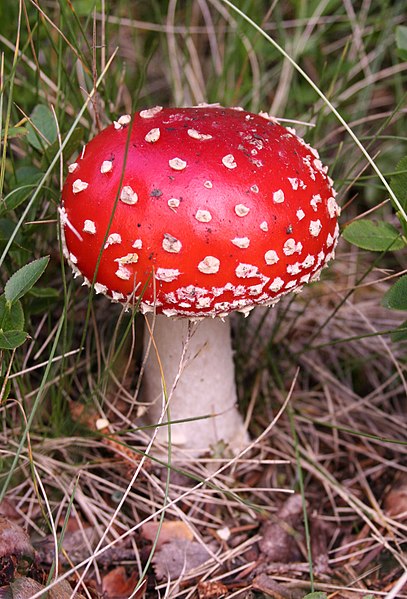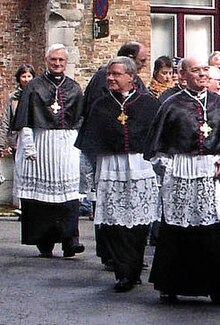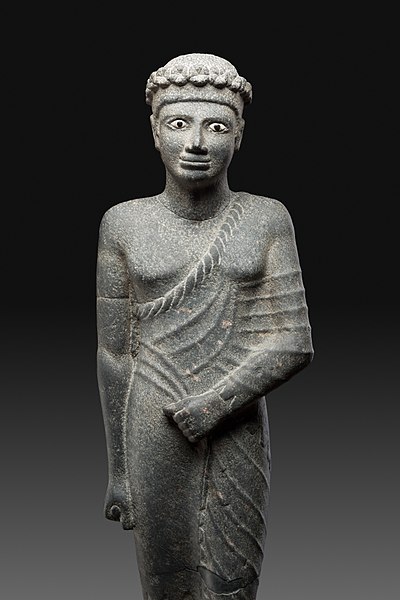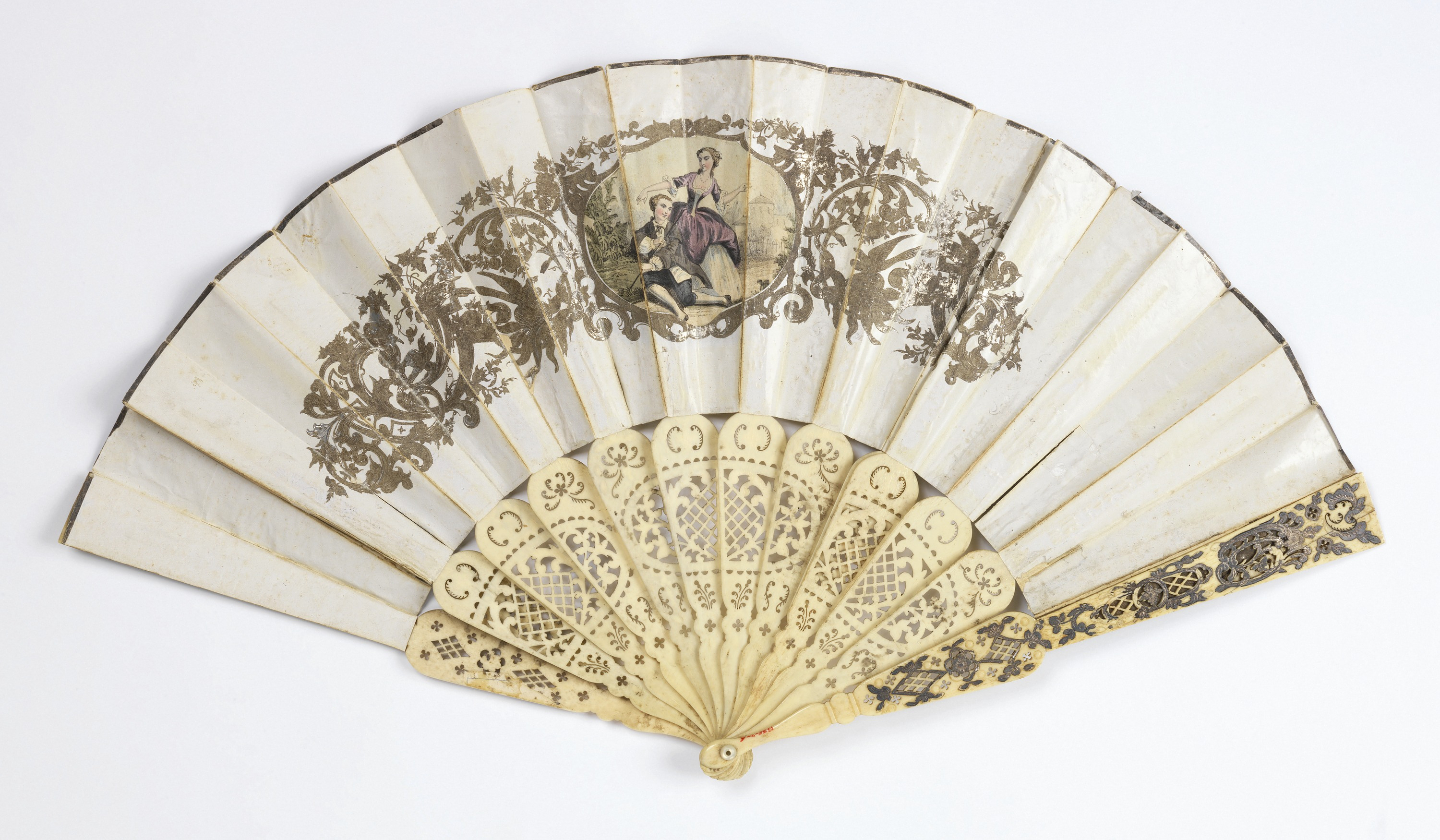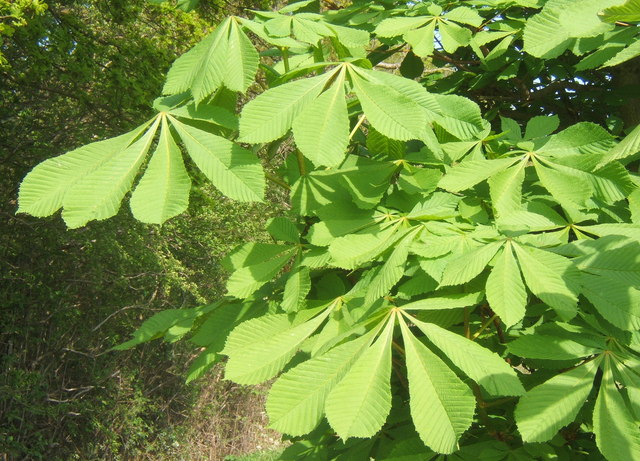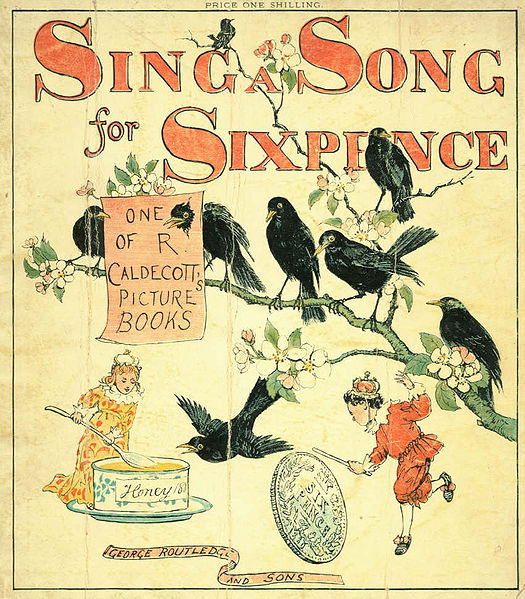They're good sonnets, too.
In the end, of course, Sidney died the most romantic possible death, not only giving water to another wounded soldier "Thy necessity is yet greater than mine" but composing a song to be sung at his funeral as he lay on his death bed. (Though when I say romantic, I mean in retrospect: bring shot in the leg and then dying later of gangrene could not have been the least bit pretty.)
To make this even more astonishing, he died at the age of thirty one, an age at which many young men nowadays have only just left university (Sidney graduated from Christ Church, Oxford).
Here's his Sonnet No I. It's a love sonnet, of course, but it's really about creative writing.
I can't imagine anyone ever packing so much useful experience into fourteen exquisite lines.
Loving in truth, and fain in verse my love to show,
That she, dear she, might take some pleasure of my pain,
Pleasure might cause her read, reading might make her know,
Knowledge might pity win, and pity grace obtain,—
I sought fit words to paint the blackest face of woe,
Studying inventions fine, her wits to entertain,
Oft turning others’ leaves, to see if thence would flow
Some fresh and fruitful showers upon my sunburned brain.
But words came halting forth, wanting Invention’s stay:
Invention, Nature’s child, fled step-dame Study’s blows,
And others’ feet still seemed but strangers in my way.
Thus great with child to speak, and helpless in my throes,
Biting my truant pen, beating myself for spite:
“Fool,” said my Muse to me, “look in thy heart and write.”
Word To Use Today: wit. This word was witt in Old English and goes back through history (the lovely Old High German form was wizzi) to the Latin vidēre, to see.


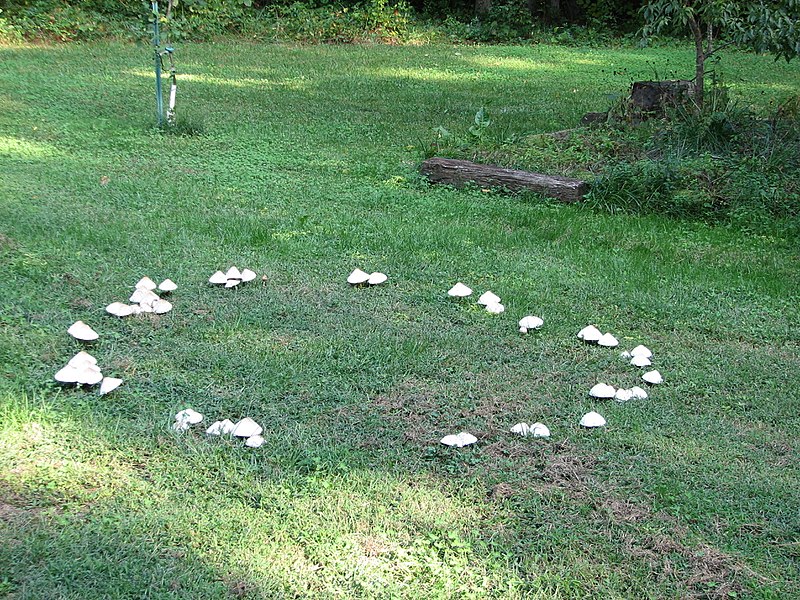






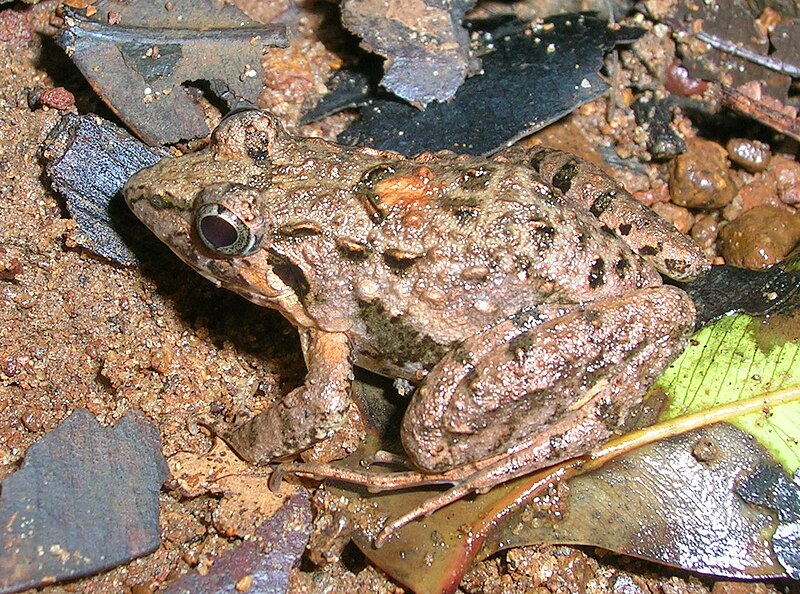 Verrucose frog, India. Photo by L. Shyamal - Own work, CC BY-SA 3.0, https://commons.wikimedia.org/w/index.php?curid=3160675
Verrucose frog, India. Photo by L. Shyamal - Own work, CC BY-SA 3.0, https://commons.wikimedia.org/w/index.php?curid=3160675
